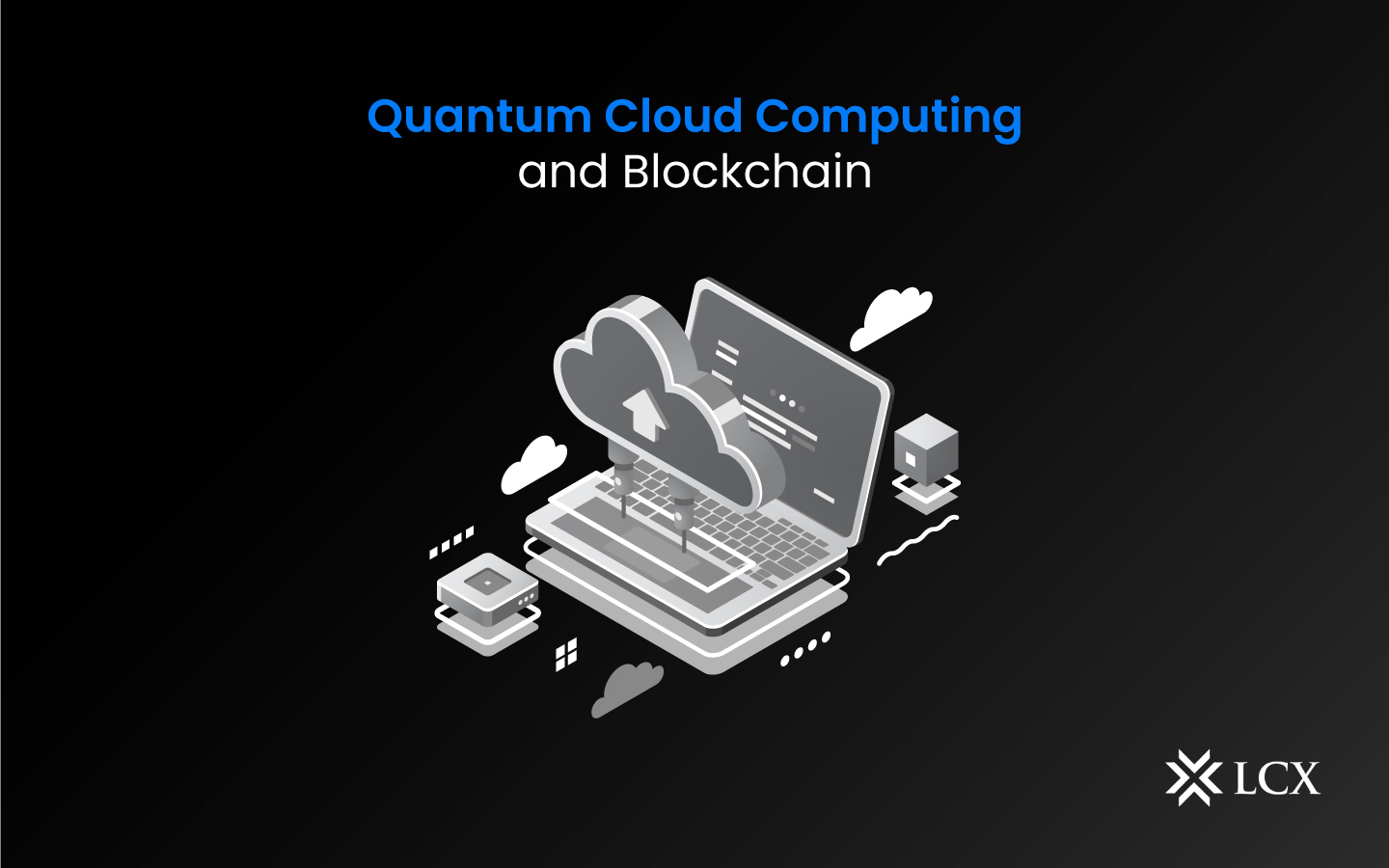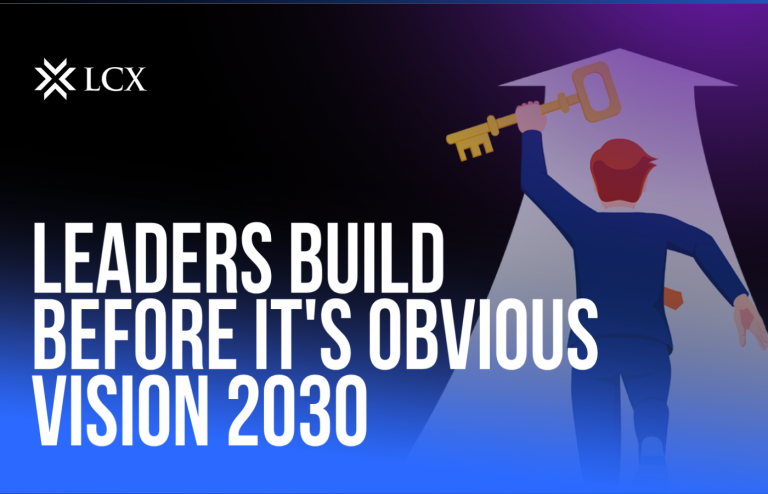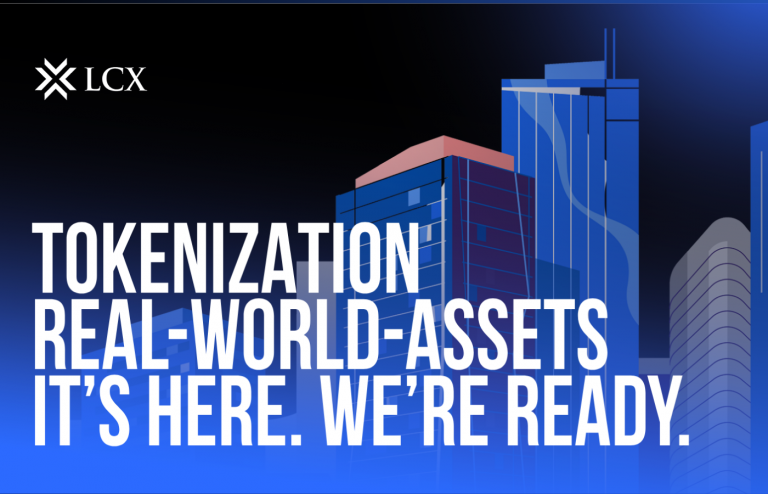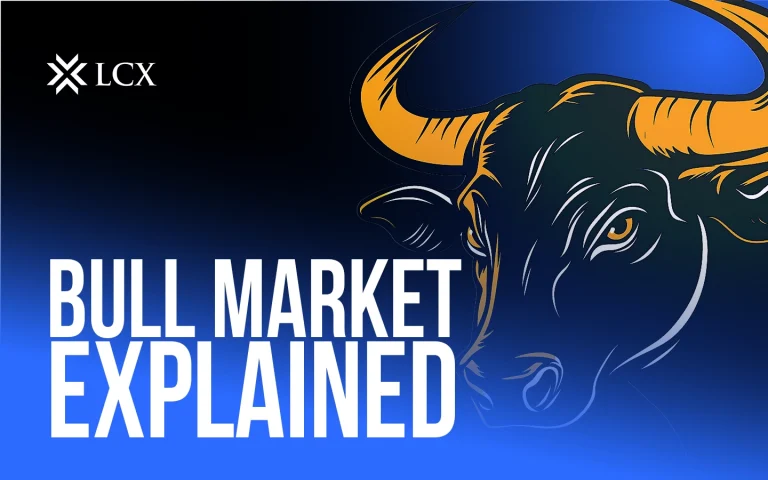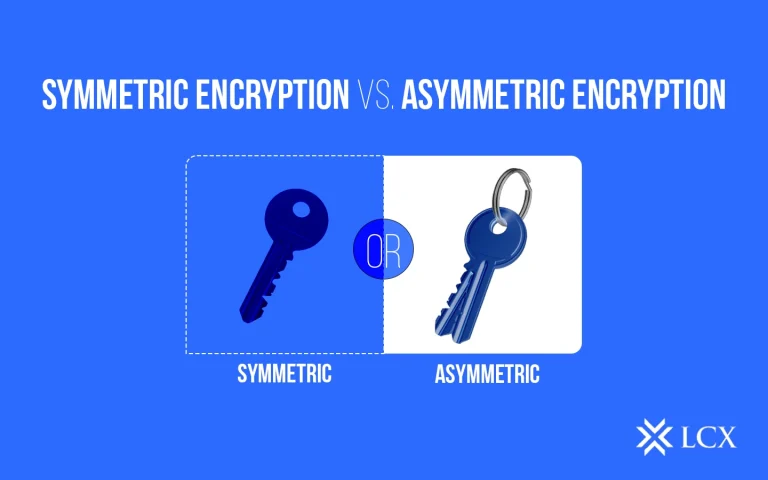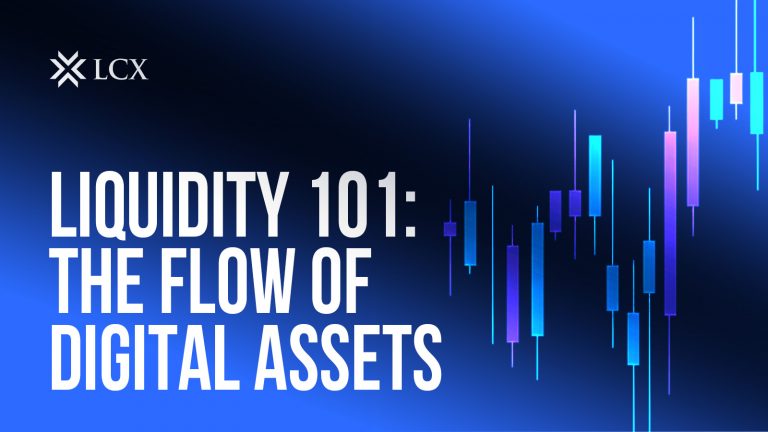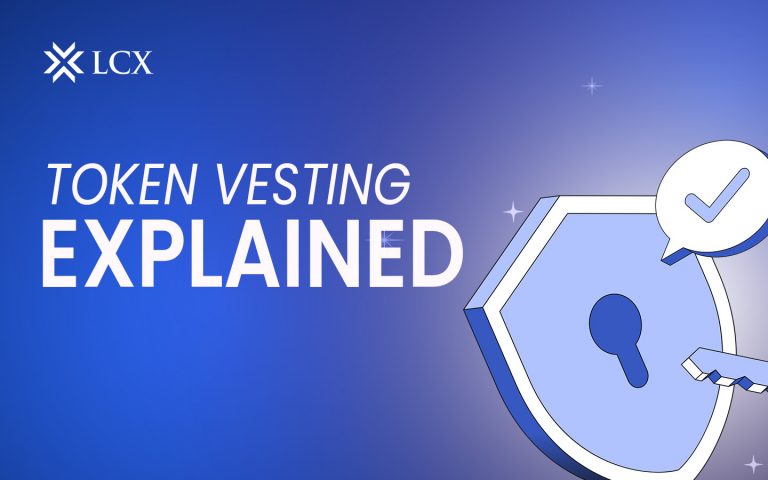The world is undergoing a tremendous transformation, and technology is developing at an unprecedented rate. Quantum cloud computing and blockchain technology are two of the most fascinating and innovative technologies that have arisen in the past few years. Both of these technologies have the potential to revolutionize the manner in which we conduct business, store and transfer information, and protect online transactions.
Introduction to Quantum Cloud Computing
Quantum cloud computing is a technology that combines the power of quantum computing with the scalability and flexibility of cloud computing. Quantum computers are capable of performing complex calculations at speeds that are orders of magnitude faster than traditional computers. This makes them ideal for solving complex problems that are beyond the capabilities of traditional computers, such as those encountered in fields like cryptography, drug discovery, and artificial intelligence.
Yet, quantum computers are still in their infancy, and building and maintaining a quantum computing infrastructure is a formidable challenge. Herein lies the value of cloud computing. The infrastructure provided by cloud computing enables users to access powerful computing resources on demand without the need for costly hardware and software installs. Quantum cloud computing promises to uncover new opportunities in domains such as data analytics, machine learning, and cryptography by combining the capability of quantum computing with the adaptability of cloud computing.
Quantum cloud computing has the potential to revolutionize many industries, including finance, healthcare, and logistics. For example, quantum computing can be used to optimize supply chain logistics, improve drug discovery, and enhance financial risk management. However, quantum cloud computing also poses new security challenges, as quantum computers can break many of the cryptographic algorithms used to secure data today.
According to a report by MarketsandMarkets, the quantum computing industry is projected to develop at a CAGR of 38.3% between 2023 and 2028, from USD 866 million in 2023 to USD 4,375 million. Factors such as the expanding acceptance of quantum computing technology across a variety of industries and sectors and rising investments in quantum computing technology will drive market expansion during the forecast period.
Introduction to Blockchain Technology
In contrast, blockchain technology is a distributed ledger that enables secure and transparent transactions without the need for intermediaries such as banks or financial institutions. It works by creating a shared database that is managed by a network of computers, with each computer maintaining a copy of the database. Each transaction is verified and recorded on the blockchain, and once recorded, it cannot be altered. Blockchain technology is secure because it uses cryptographic algorithms to protect the data stored in the blockchain.
The decentralized nature of the blockchain means that there is no single point of failure, making it resistant to hacking and cyber-attacks. This creates a transparent and tamper-proof system that is ideal for applications like cryptocurrency transactions, supply chain management, and voting systems.
According to a report by MarketsandMarkets, the global blockchain market was valued at approximately $7.4 billion in 2022 and is expected to reach $94.0 billion by the end of 2027, expanding at a CAGR of 66.2%. The demand for blockchain technology in retail, banking, and the supply chain is anticipated to drive market expansion.
Quantum Cloud Computing and Blockchain Technology: Exploring the Future of Decentralized Computing
The combination of quantum cloud computing and blockchain technology could usher in a new era of decentralized computing. They possess the potential to develop a robust and secure platform for a wide range of applications. One such use case is the quantum-resistant blockchain or quantum blockchain, as it is commonly known, that is immune to quantum computer attacks. This is significant because quantum computers might potentially circumvent the encryption algorithms used to secure blockchain transactions at present.
Quantum blockchain can provide a safe and transparent platform for transactions while also leveraging quantum computing to execute sophisticated calculations. Quantum blockchain can be understood as a decentralized, encrypted, and distributed database based on quantum computation and quantum information theory.
In addition, quantum cloud computing and blockchain technology could be used to create secure and efficient supply chain management systems. In addition, quantum cloud computing and blockchain technology could be combined to develop supply chain management systems that are secure and efficient. These systems could enhance supply chain logistics, increase product quality control, and reduce the risk of counterfeiting and fraud by leveraging the power of quantum computing.
Another area where quantum cloud computing and blockchain technology could make a significant impact is in the field of finance. By combining the transparency and security of blockchain technology with the speed and computational power of quantum computing, it would be possible to create a more efficient and secure financial system that is less susceptible to fraud and cyberattacks.
In Conclusion
In conclusion, quantum cloud computing and blockchain technology are two of the most exciting and transformative technologies of our time. By combining the capabilities of quantum computing with the security and transparency of blockchain technology, we can unlock new possibilities in areas like data analytics, machine learning, and cryptography. While these technologies are still in their infancy, they have the potential to revolutionize how we conduct business, store and move data, and safeguard online transactions. It is up to us to explore their potential and push the boundaries of what is possible.
